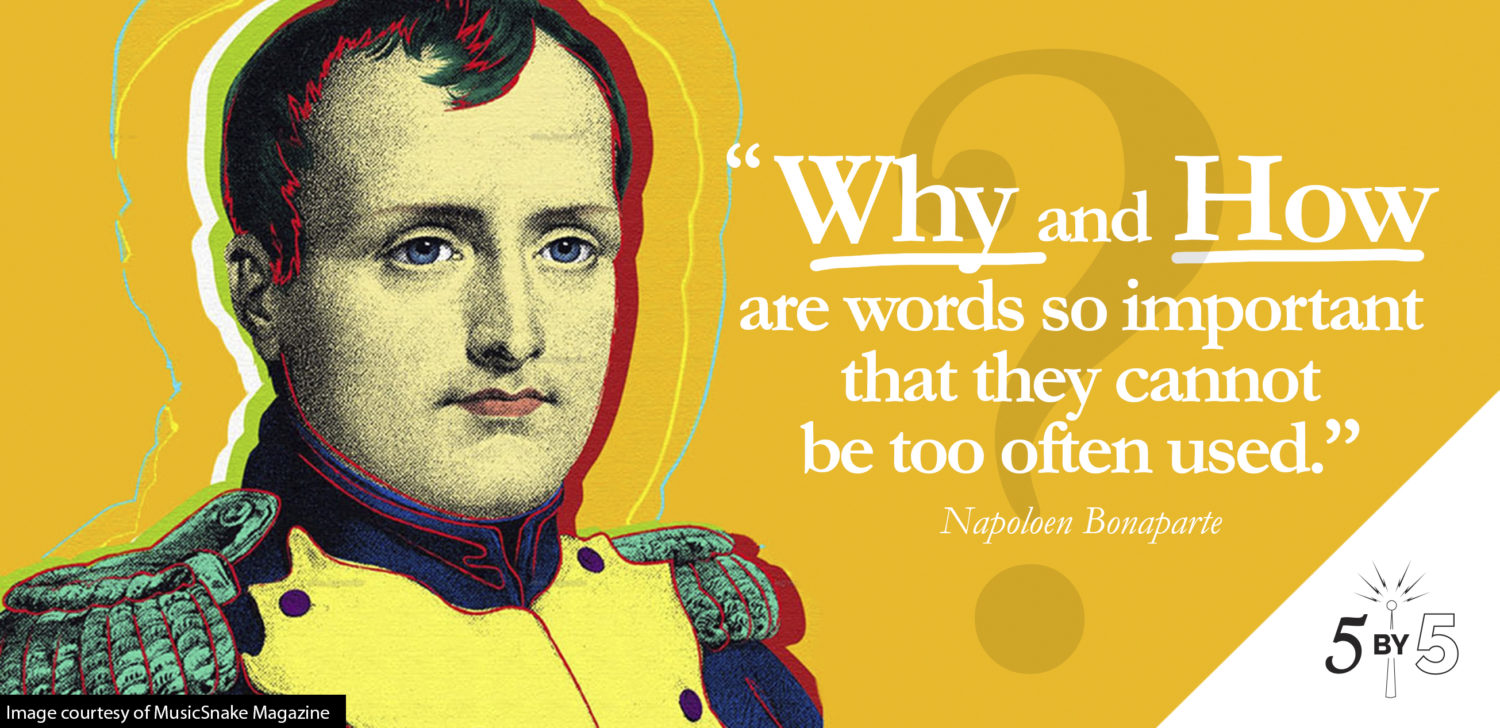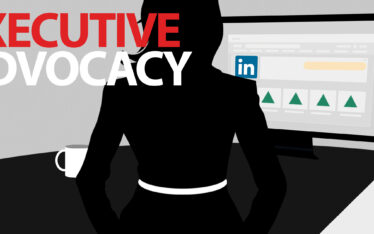
What’s your first instinct when someone comes to you with a problem? A recent Marketing Week article suggests that our natural inclination is to suggest a solution – maybe several – until one sticks. I had this discussion with my husband/business partner just the other day. We were discussing the fact that when I bring up a problem to him, his response is usually to give me an answer, when what I’m looking for is empathy. I want to know he gets it. That he’s been there. I want him to ask questions. “Why do you think…?” “What if…” “What can we do?” That’s precisely what I do when he comes to me with a problem. But what he’s looking for when he comes to me with a problem? A solution. Mars, meet Venus.
There’s been talk recently about brands needing to act more “feminine.” According to a Forbes article, brands that embody feminine traits like openness, relevance, empathy, experience, and emotion realize up to 10% higher revenue. Jamie Gilpin, CMO at Sprout Social also covered the topic. And while I can’t help but feel that calling these feminine traits is a bit sexist in its own right, the idea of developing our EQ (emotional intelligence) is spot on. I’m not trying to polarize us; I don’t believe it’s a black and white gender issue. But we do need to ask more questions, try to be empathetic, and collaborate versus simply looking for a quick solution. I know that teams who work together create better ideas, which leads to stronger, more successful campaigns. Part of this is listening. Not just listening to what the problem is, but listening more closely. If your best friend approached you with a problem, how would you react?
You’d likely stop and give her your complete attention. No multitasking; you wouldn’t be looking at your phone while she speaks. You’d listen not just for the problem but for the words she’s using, the tone of her voice, her body language. On social media we can listen for mentions, comments and questions, but we should also go beyond this, to listen for brand health and sentiment. It’s in understanding the emotions underneath that we’re able to uncover truths we might never have considered with surface information.
You might ask your friend open-ended questions. Binary questions won’t get you far, but questions that lead to deeper thinking can help us get to the root of the problem. (It’s interesting to note that much of the data we gather and analyze is based on binary information. Which is precisely why machines can’t work alone – they require human interaction, human emotion, and human intelligence, to get the most out of that data, but I digress.) And when we get to the root of the problem, we can begin to understand more fully. That’s where great strategy begins to unfold. In the aforementioned Marketing Week article, Colin Lewis suggests that we learn to ask empowering questions. Those that begin with How, What if, Why help us shift our thinking.
Stephen King uses a ‘what if’ scenario to come up with most of his ideas (What if a nurse became so infatuated with a famous writer and his novels that she kidnaps him following a car accident?) As a content writer, I always look for research, data, stats, quotes – something concrete that will back up my position. It’s a tried and true content writing tactic. The problem is that it makes us one-sided. That led me to think about the current political climate. What if we asked more questions of each other? What if we dug to find out the why behind our thinking? And that brings me back to our clients, and how we can help brands to think bigger, be more empathetic and lead them to stronger strategies. When your client reaches out to you with a problem, when you’ve got an issue you can’t figure out and you’re racking your brain to find a solution, try asking questions instead of digging for an immediate answer. It’s in answering those questions that you’ll discover your true objectives, your greatest challenges, and the metrics you’ll need to measure in order to reach your goals. In this age of the consumer, it’s every brand for itself. Asking empowering questions will help you connect on a deeper level. And if you can’t do that, your clients will find someone else who will.
Could your brand use some help creating an integrated marketing strategy that can prove its success through a/b testing and metrics tied to your core objectives? Sounds perfect! Let’s connect.


